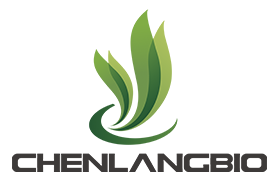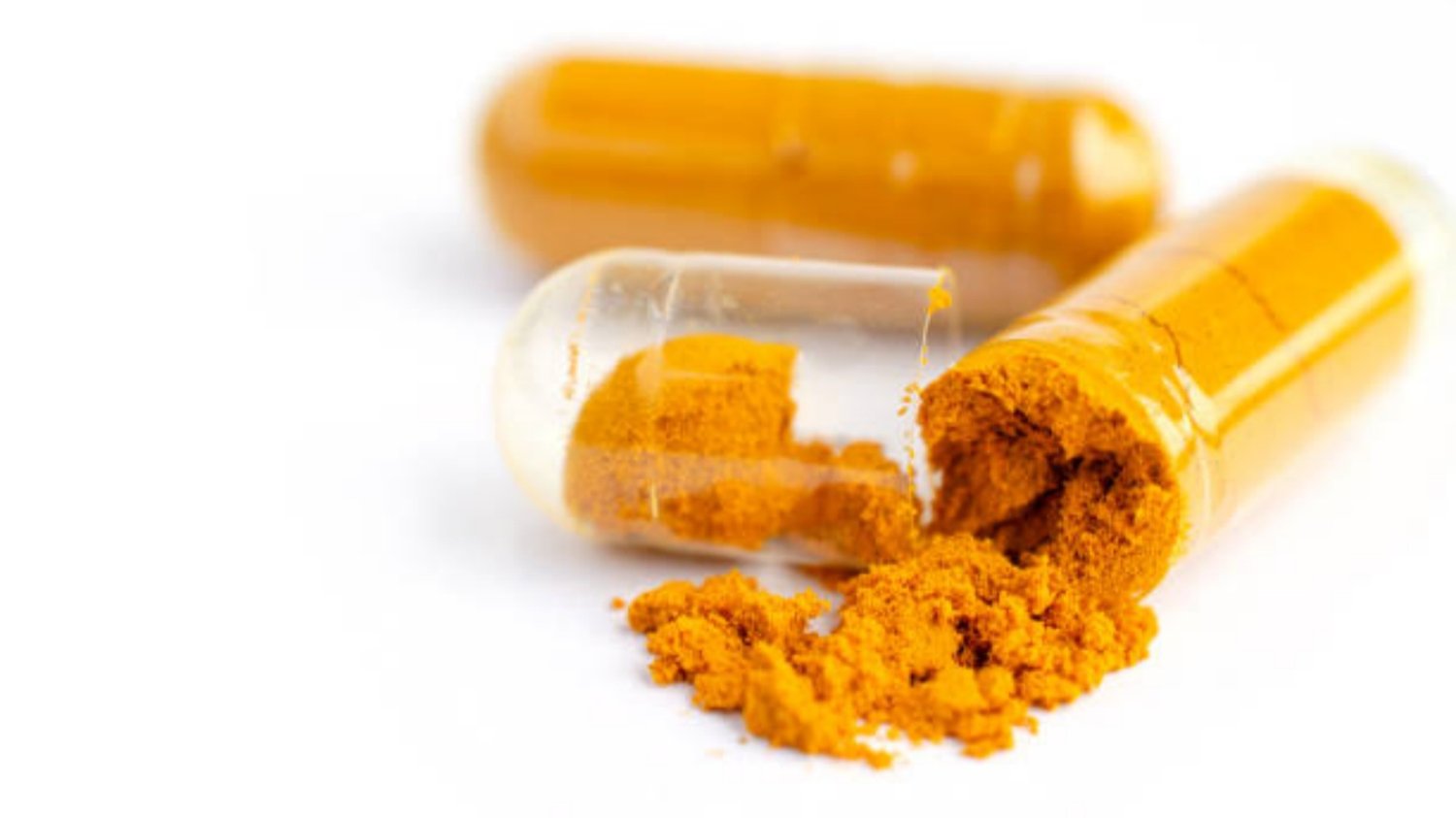What is Copper Peptides Powder
Copper Peptides GHK-Cu is a kind of biologically active compound, which is composed of amino acids and copper ions.
Copper peptide has been discovered since 1973, and it has been applied in cosmetics since 1999, which has exceeded 30 years. Its safety, effectiveness, and reliability have been well confirmed.
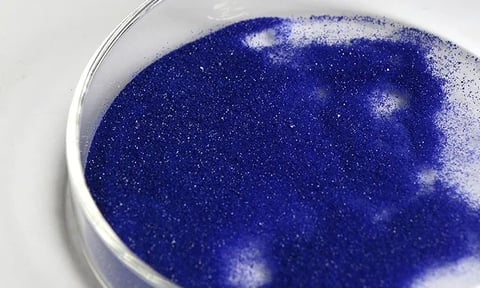
Functions of Copper Peptide in Skincare
Restoring skin repair ability and reducing skin damage;
Increase the proliferation of keratinocytes and increase skin thickness;
Promote angiogenesis and increase skin oxygen supply;
Reduce spots, light damage, and pigmentation;
Improve skin elasticity, and reduce fine lines and deep wrinkles.
What Not to Use with Copper Peptide
Cannot be used with retinol
Since retinol needs to be converted into retinoic acid to work, a strong acidic environment can cause the copper ions of the copper peptide to be inactivated, leading to the loss of its effect.
It cannot be used together with niacinamide
Niacinamide contains a certain amount of niacin, which can compete with GHK for copper ions. Since the content of niacin in niacinamide is relatively low, the reaction is slow.
Cannot be used with VC
VC has strong reducing properties and can be easily oxidized into dehydroascorbic acid. Copper can oxidize VC and also change its structure.
Other strong antioxidants also cannot be used with the copper peptide.
It cannot be used with acids
Caprylic acid hydroxamic acid is a special organic acid that can more easily form more stable copper complexes with Cu ions and chelate copper ions out of copper peptides.
The acidic environment in acidic products makes the copper ions in the blue copper peptides very unstable, affecting the complexation of copper ions and 3-peptide-1 (the blue copper peptides are composed of 3-peptide-1 and copper ions).
It cannot be used with high molecular polymers
A carbomer is an anionic polymer that will polymerize with Cu2+ with cationic properties, thus destroying the copper peptide structure.
Cannot be used with metal chelating agents
EDTA disodium has a strong chelating ability and can compete with GHK for copper ions.
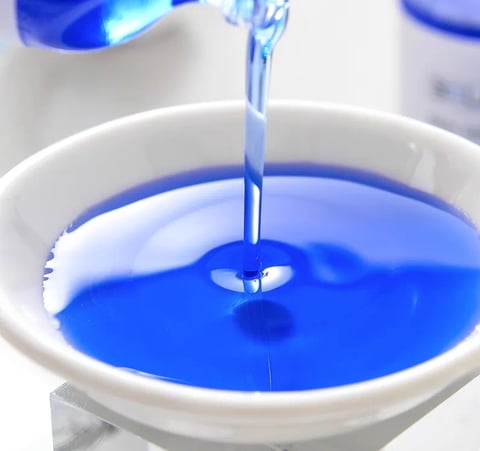
Does Copper Peptides Stimulate Hair Growth
Copper Peptide for Hair
It is said that the skincare effect of copper peptide is good, but do you know that its effect on hair is also potent?
Promote hair growth
Professor Loren Pickart observed that after treating skin wounds with GHK-Cu, the skin follicles at the edge of the wounds became significantly larger. Further studies using radioactive isotopes in mice showed that short-term exposure of hair follicles to GHK-Cu can increase their volume by 4 to 8 times, and promote hair growth within 12 days.
Later, Professor Bernard Kalis was the first to demonstrate the positive effect of GHK-Cu on human hair follicles. He found that GHK-Cu can cause hair follicles to transition from the resting phase to the growth phase. A three-month study on men found that using hair care products containing GHK-Cu (Tricomin) effectively increased hair growth, with a 32% higher effective rate than the control group using 2% minoxidil.
Reduce the formation of DHT
The type I 5α-reductase in hair follicles reacts with androgens to produce DHT (dihydrotestosterone), which attacks hair follicles, leading to follicle degradation, shrinkage, hair loss, and hair thinning. Professor Sugimoto and his colleagues found that copper ions can inhibit type I 5α-reductase by up to 90%, and the use of GHK-Cu can stably introduce copper ions into the skin, thereby reducing DHT synthesis and fundamentally preventing hair loss.
Repair cells and fight inflammation
Inflammation of the scalp can cause damage to hair follicles, which is also one of the factors leading to the loss of hair follicle function and hair loss. Therefore, it is also very important to fight scalp inflammation when maintaining hair and scalp health.
In an adult fibroblast migration test, copper peptide showed excellent ability. Compared with the normal group, the migration rate of adult fibroblasts using 0.001% copper peptide has a significant increase, which indicates that copper peptide has excellent repair ability. If used on the scalp, it can repair damaged cells, fight inflammation and promote scalp health.
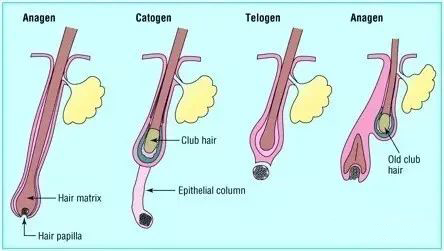
Where to Buy Copper Peptides for Hair
XI AN CHEN LANG BIOTECH CO., LTD specializes in kinds of cosmetics raw powders, such as all kinds of peptides products, Acetyl hexapeptide-1, and skin whitening powders such as Dimethylmethoxy Chromanyl Palmitate, Sodium Methylesculetin Acetate, and so on. Please send inquiry to Email: [email protected] if you want to buy copper peptides.
Does Copper Peptide Help Acne
Copper peptides can help to improve acne symptoms by reducing inflammation and promoting skin cell regeneration. It is a natural ingredient that can be found in various skincare products, including creams, masks, and serums. Copper peptide has been shown to have anti-inflammatory and antioxidant properties that can help reduce the redness and swelling associated with acne.
By promoting skin cell regeneration, GHK-Cu can help speed up the healing process of acne lesions and speed up the turnover of skin cells. This can help to clear up acne lesions faster and reduce the appearance of scarring.
However, it is important to note that copper peptide powder is not a cure for acne. It is most effective when used in combination with other acne treatment options, such as topical retinoids, antibiotics, or oral contraceptives. It is also essential to consult a dermatologist before using copper peptide or any other skincare product to ensure its safety and effectiveness for your specific skin type and cond.
